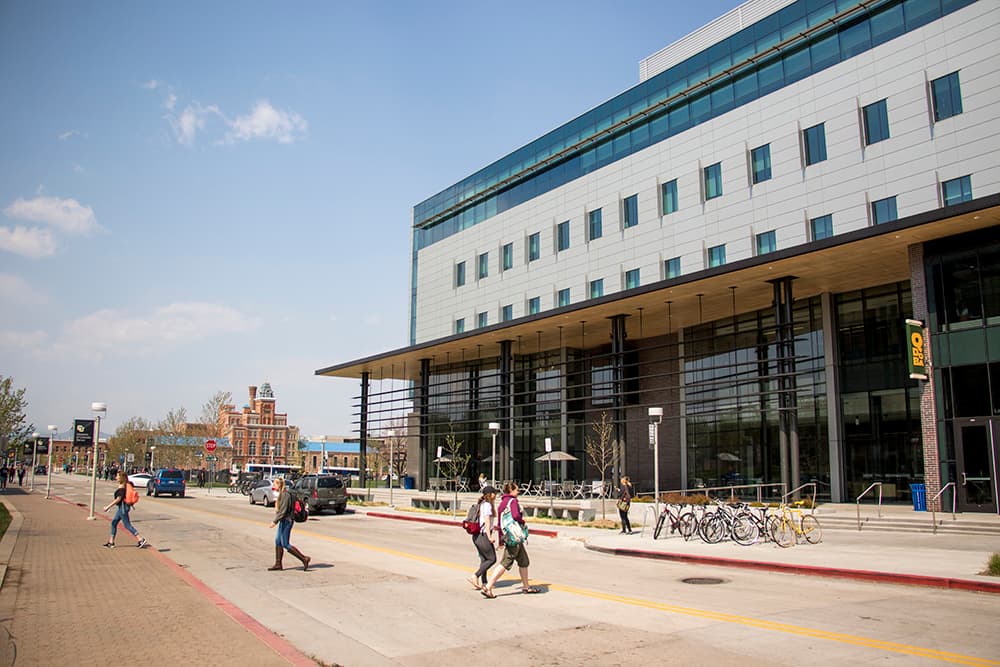Initiated Ordinance 300 is a tax increase, the Denver College Affordability Fund, that would seek to raise $13.9 million by charging an extra 0.08 percent in sales tax, or about 8 cents on a $100 purchase. That should work out to $14 million-plus yearly.
Here’s the language you’ll see on your ballot:
Shall Denver sales and use taxes be increased $13.9 million annually, commencing January 1, 2019, and by whatever additional amounts are raised annually thereafter through December 31, 2030, from an eight one-hundredths of one percent (.08%) sales and use tax rate (about a penny on a ten dollar purchase), to increase college enrollment and degree completion by Denver residents who are earning a degree from a public or not-for-profit college, university, community college, or technical school in Colorado through:
· funding scholarships; and
· funding support services to promote completion of that degree, including career and academic counseling, tutoring, mentoring, and financial aid assistance; provided that the tax expires in twelve years, that no more than 5% of funds generated in any one year be spent on administrative costs, that a report for the program be submitted annually to the mayor, city council, city auditor, and the public; and shall the revenues from these increased taxes be collected, retained, and spent by Denver without regard to any expenditure, revenue-raising, or other limitation contained within article x, section 20 of the Colorado constitution or any other law?
What does that mean?
This ballot measure would create a scholarship fund for Denver residents for post-secondary education institutions like universities or technical schools. The organizer's intent is for the fund to supplement existing scholarship efforts in Denver, not completely replace them. It would be up to a seven-member board to decide how the amount distributed.
Eligible students would need to be younger than 25 and the must have resided in Denver continually for more than 36 months before their first day of classes at the post-secondary institution. They must also have completed a FAFSA application or a similar application to help determine their need.
Who’s for it and who’s against it?
Prosperity Denver is leading the charge for the initiative. Their website says the measure, "will open the door to higher education for thousands of Denver’s young people by creating a dedicated funding stream through." The Denver Metro Chamber of Commerce and the Colorado Children’s Campaign both support the measure, with Chamber President and CEO Kelly Brough telling Colorado Politics that “too many Colorado students face huge financial hurdles to entering and completing postsecondary degree or certificate programs." Colorado Children’s Campaign said in a statement they support the measure since it "would create a funding stream to increase college access and affordability for Denver high school graduates."
This is one of several proposed tax increases on the city's ballot. An argument against supporting the measure includes the suggestion college scholarships aren't the responsibility of a city government or its tax base. While organizers are hoping to fund educations for people that could end up helping the city's workforce, the measure's language makes no requirements about having to work in Denver or even the state after graduating from schools with help from the scholarship money.














